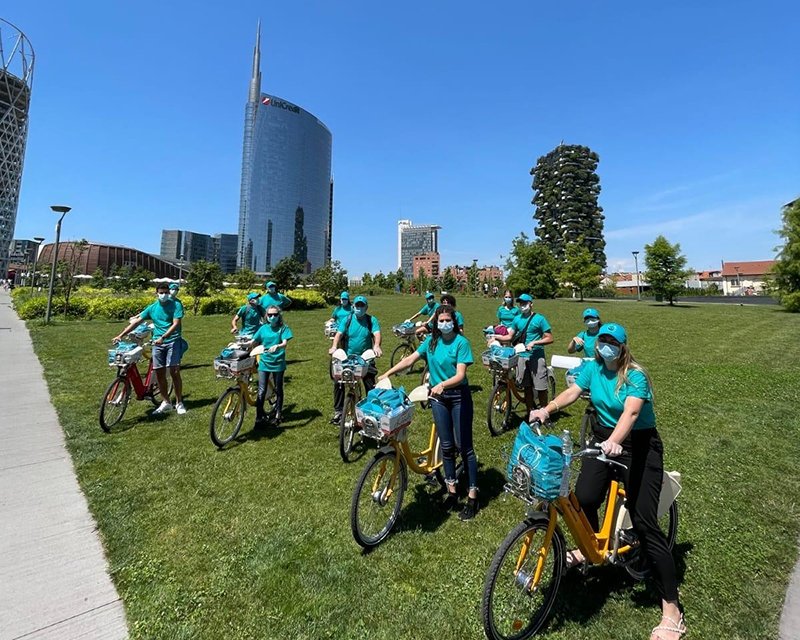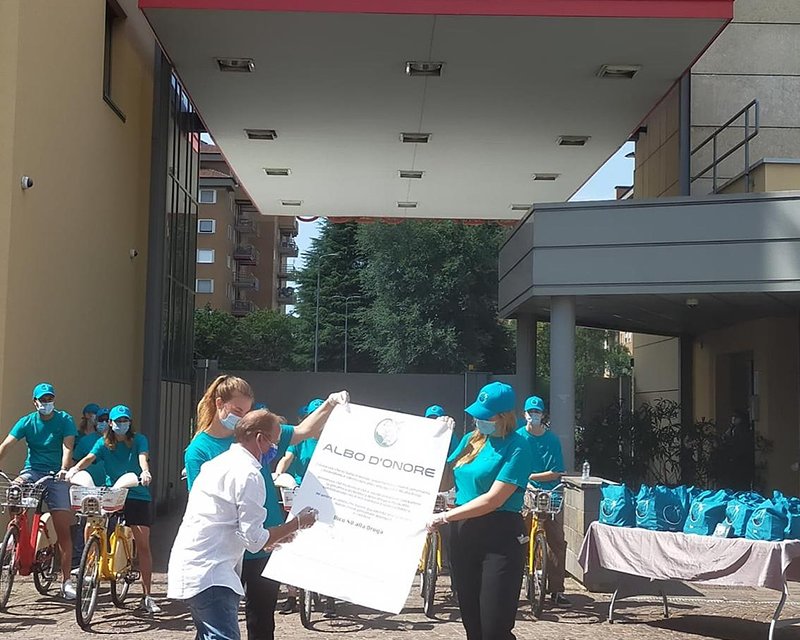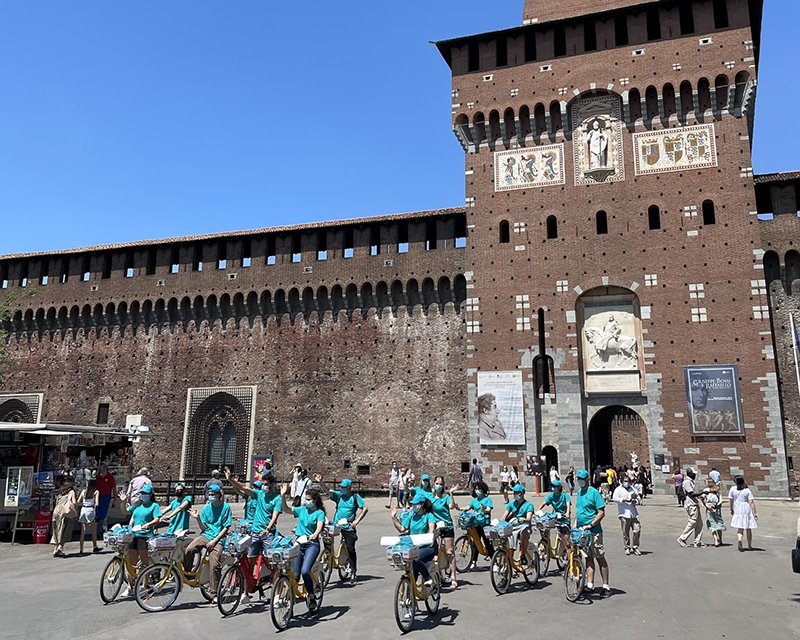The rule of law stands strong, despite global challenges society has to face due to the pandemic. A European Citizens’ Initiative: Sign It Europe, proposed in defence of minority rights, got off to a challenging start, coinciding with the advent of COVID-19. However, it may actually prove to be just as successful as its recent ideological predecessor: The Minority Safepack Initiative. Thanks to the extension granted by the European Union, a new deadline of 7 February 2021 was agreed on. The coming year and the new legislative period hold great promise of further advancements in the field of minority rights.
In this year, which we are slowly leaving behind, the peoples of Europe need success more than ever before. The pandemic has certainly put the peoples of the continent to the test – divisions and chaos can be seen in almost every country in Europe – but at the same time the values on which our continent’s policies are based, which have guaranteed peace for eight decades, have been pushed into the background. However, we must not lose sight of the fact that, after the coronavirus pandemic, we will face new and unprecedented challenges that will require these values much more than ever before. Without tolerance, unity in diversity, responsibility for each other, and solidarity with the poor and disadvantaged, even the most ingenious economic programs are doomed to fail.
What is the citizens’ initiative for the creation of national regions about?
We all know the name of Count Richard Coudenhove-Kalergi well. What we know now, as the European Union began with his dream, Count Kalergi began to plan a project based on lasting peace, development, and respect for each other. In many ways this is very similar to the situation we find ourselves in today. After the tragedy of the First World War, Kalergi wondered how to create public policies and operate them validly throughout Europe to guarantee that its peoples would not start another war. Kalergi’s plan was welcomed throughout Europe, but the decision-makers of the nation-states failed to recognize its potential, which led, of course, to another cataclysmic conflict. The European Union that followed was built on Kalergi’s ideas, although many of his plans were left unimplemented. Such is the dilemma outlined by Kalergi: no matter how progressive, forward-looking and peaceful the EU legal system is, nation-states can always block changes.
The initiators of the creation of national regions recognized this: one of the big problems in Europe today is that development and growth are not even. Some regions are developing at a dizzying pace, while others are in almost the same situation as before they joined the EU. For an example of this, it is enough to think only of the most populous, stateless European minority: the Roma.
However, the situation applies to more or less all nation-states with a significant number of minorities. The distribution of EU funds does not always take into account the perspectives of the regions in which these minorities form a majority or live in significant numbers, which would enable the people living in these areas to settle the issues of their region using their own public policies. The problem also poses a danger because these regions will sooner or later become poor ghettos, which will only increase social tensions. And in times of crisis, these regions will also suffer the most from the unequal distribution of resources. Again, I must cite the Roma as an example: the devastation caused by the coronavirus was higher than average among Roma people, while nation-state health policies – keeping the big picture in mind – did not notice the deep danger, and governments did not allocate (or only sparingly allocated) resources to these regions.
Sign it Europe – The solution to prosperity
The Sign It Europe petition, which focuses on the citizens’ initiative to create national regions, seeks to introduce a new approach to European public discourse based on the ideas above. This could help move decision-makers towards the pursuit of public policies that guarantee social peace and prosperity. The goal is an EU regulation that would give a possibility to the areas inhabited by a minority in majority or in larger numbers access to EU funding independently of their nation-state governments, provided, of course, that their application meets EU standards, which could make a major contribution to Europe’s development, prosperity, and peace.
The success of a citizens’ initiative rests on two conditions. One is the geographical quantity: The required quantity must be collected in at least seven EU Member States. The other condition is the quantitative criterion: at least one million signatures are required.
The Sign It Europe team has so far managed to reach the quota in five countries: Romania, Lithuania, Croatia, Slovakia and Hungary. And the number of signatures has exceeded one million altogether. As you can see, we have reached the gates of a success together, which helps give a new view to a Europe plagued by a pandemic. However, it is not enough just to reach the gate. We know that success means meeting the required quota in at least two more countries, but also wanting to maximize the number of signatures. The deadline is 7 February 2021.
We trust that the content of this likable European Citizens’ Initiative has also made you think and encouraged you to support it, please spread the information of our initiative in your own country as much as possible.
Let’s work together to keep the good going in post-pandemic Europe and to make it even better than it was before. Thank you and we wish you a Merry Christmas and a Happy New Year full of luck and health!




